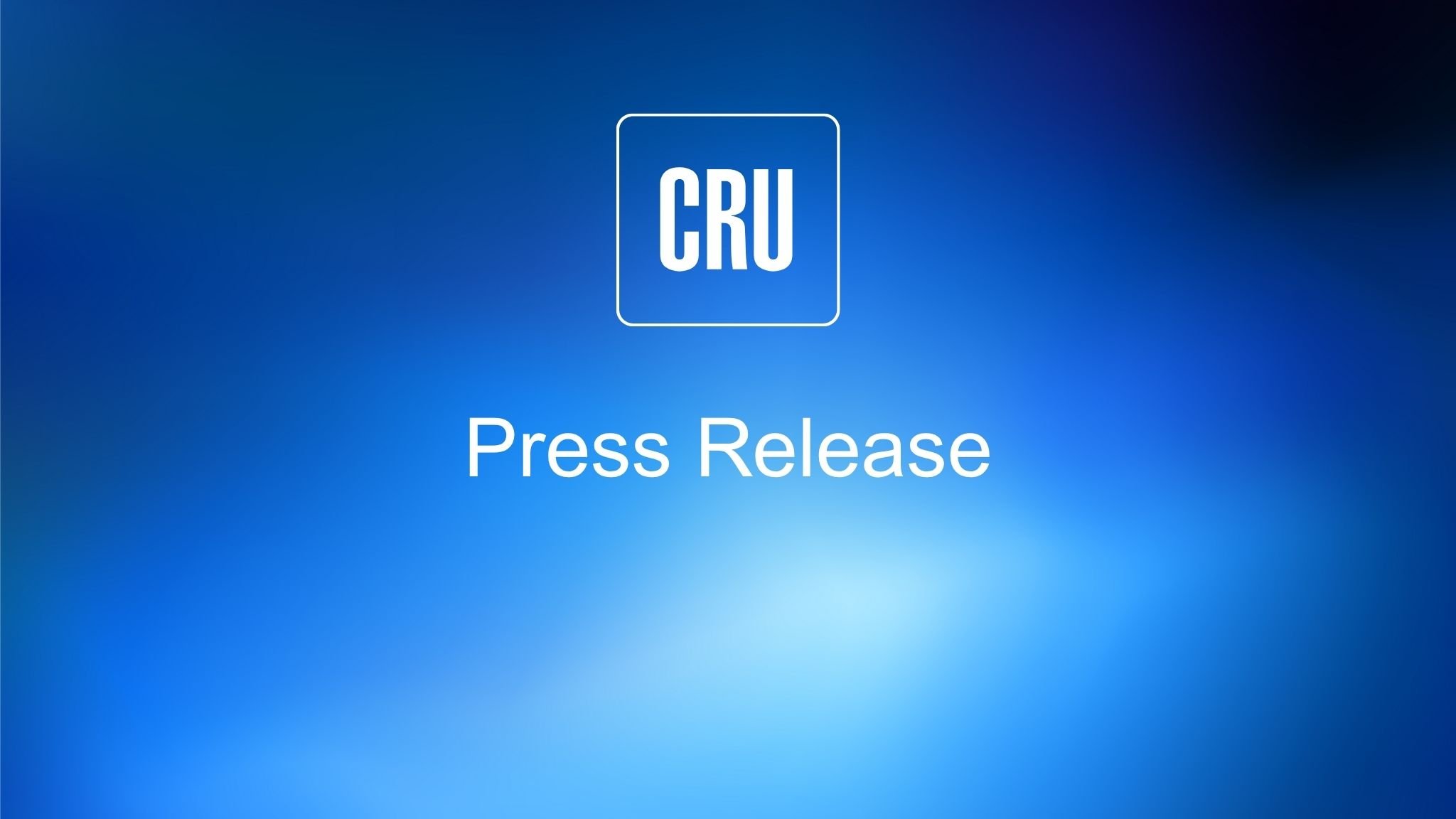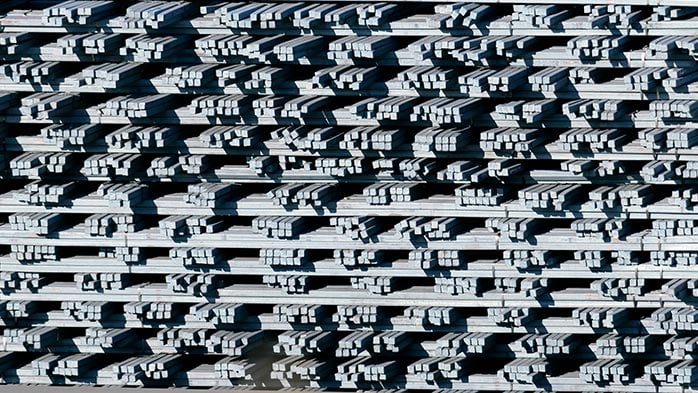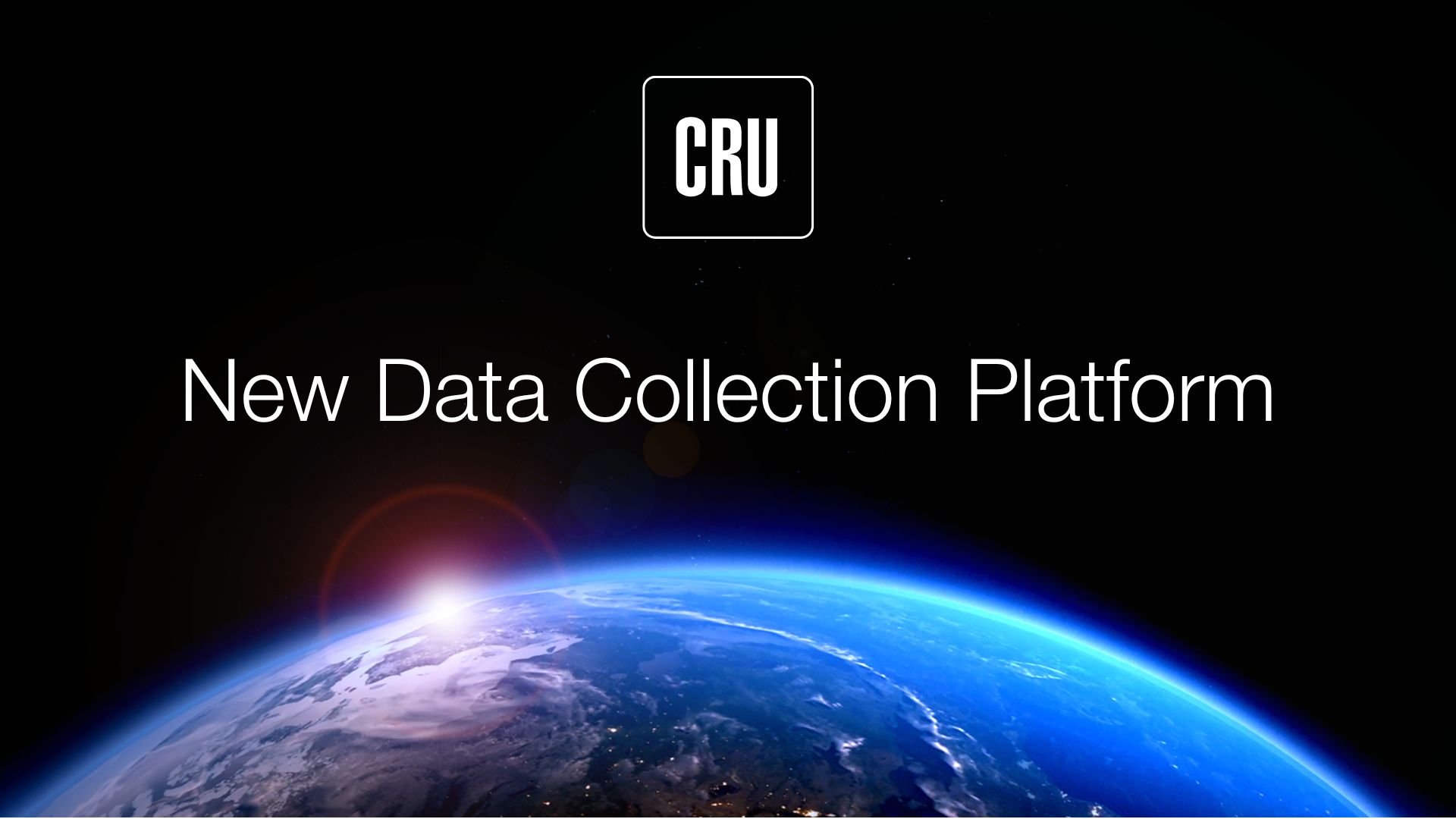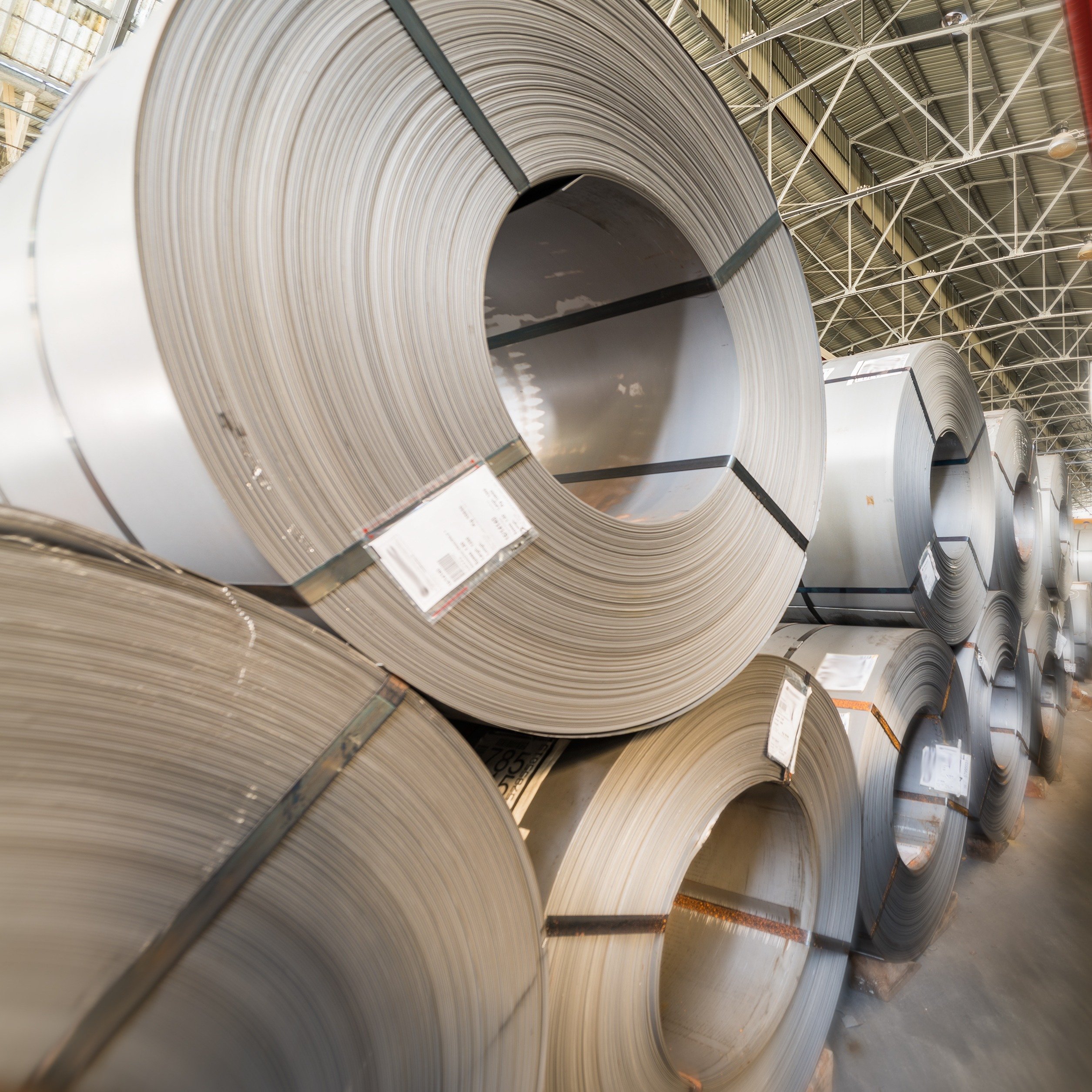The Covid-19 pandemic has generated significant uncertainty in the commodities market. Steel mill operators, for example, have responded by making capacity reductions, idling facilities or making full-blown closures.
Such tough decisions rest on assessments of a complex mix of market, asset and policy-related considerations. However, traditional scenario-based decision analysis does not take proper account of the value of flexibility associated with different approaches to managing excess supply. In this Insight we show how CRU Consulting’s Real Options capabilities can be used to help quantify and evaluate the range of financial outcomes in a way which takes account of critical interdependencies, thereby enabling better informed choices that are fully aligned with the risk preferences of individual firms.
Producers are facing massive disruptions due to Covid-19
Covid-19 has led to massive disruption across the global economy, critically impacting steel and other commodity industries. Global steel sheet demand, for example, is set to fall by 20% y/y in 2020 Q2 and by around 8% for the year. Such unprecedented and adverse market conditions raise fundamental issues for steel makers and other commodity producers regarding the management of their assets and portfolios.
Steel mill operators have responded by making capacity reductions, idling facilities or full-blown closures. Most recently, ArcelorMittal have announced that it has stopped output at its Zenica works in Bosnia. As of mid-April, aggregate carbon crude steel disruptions reached ~115Mt. These operating responses are closely monitored by CRU’s steel disruptions tracker.
We understand that these will be tough decisions to make. There is no easy, single and universally applicable recipe for making the best of such situations. The most robust decision will commonly rest on a complex mix of considerations, including, but not limited to:
- The steel supply, demand and price outlook at the global/regional and specific product level.
- The shape, size and underlying competitiveness of a firm’s portfolio
- The cost of operating/closing/restarting a steel mill
- Other factors that might affect the volatility of steel margins (e.g. raw materials costs)
- The timing of any decision and interim markers
- The outlook for industrial and economic policy
CRU Consulting stands ready to support your business in each aspect of this complex decision web.
Flexibility matters, particularly in uncertain times
A range of tools are available to support decision making in these difficult and uncertain times. Most recently, CRU Consulting have developed a series of robust, internally-consistent, scenarios to help you evaluate potential post Covid-19 market, policy and even epidemiological conditions. These techniques are helpful for understanding the strategic implications of the cycle for your business and for stress testing decisions. However, scenario-based approaches do not take account of the value of flexibility affecting the implementation of such supply responses.
This is important as steel mills will still have the option of restarting their operations or going back to full capacity in the future. Moreover, the timing (and associated costs) of this choice is significantly influenced by the type of actions the steel mills take at the time of closures (such as temporary idling or full shut down). The benefit of an early decision to reopen a steel mill gives the steelmaker early access to revenue. However, this could be largely offset by the upfront cost of restarting, or by still subdued (or even negative) steel margins should steel prices remain low for a longer period.
Towards more robust decision-making: Quantifying the options
CRU Consulting have in depth expertise in quantifying and interpreting the value of options arising from different strategic investment and operational management decisions. We work in partnership with our clients to help identify, parameterise, and capture interrelationships between key decision factors. This enables robust decisions such as expansions, curtailments, or deferrals which take account of critical contingencies and dependencies, and your risk preferences.
As an example, consider the following illustrative decision tree for the problem currently faced by an integrated steel maker to either close their mill, idle it, or continue operating as usual. If the mill is closed, there is an option to restart production at some point in the future (perhaps when prices are high or some local competitive advantage emerges), or not. Evaluating this approach enables CRU Consulting to estimate a distribution of NPV outcomes for each resultant scenario.
Watch out for the hidden downside!
This approach yields powerful insights on the range of financial outcomes associated with the various strategic choices. This is particularly critical during a period in which many struggling firms will be acutely focused on managing downside risks. The benefits of our approach are illustrated below: scenario 1 has higher expected returns than scenario 2 and, as such, would typically be preferred under standard deterministic or scenario-based analysis. However, our approach reveals that this comes with a much higher level of risk, which would otherwise not be made apparent to you or your shareholders. This enables you to make better informed choices that are fully aligned with your risk preferences.
What decision are you facing?
We understand that the steel industry and other commodity producers may be facing a series of tough decisions over the next few months regarding the management of their assets and portfolios. CRU Consulting stands ready to support your business in taking complex decisions amid highly uncertain financial, industry and policy-related conditions. We are currently tracking all supply disruptions across the mining and metals space including (but not limited to) iron ore, steel, aluminium and copper.
CRU Consulting’s Real Options analysis and wider decision support tools are at the cutting edge of management support to the mining, metals and fertiliser industries. They are built on our rich market knowledge, client-centric approach, as well as technical experience and data capabilities. Put simply, we can help you with the decisions you need to make, so please do get in touch – either to discuss any of these issues, or to better understand the key opportunities and risks affecting your business. Please contact amir.sabet@crugroup.com or josefa.carrere@crugroup.com
















